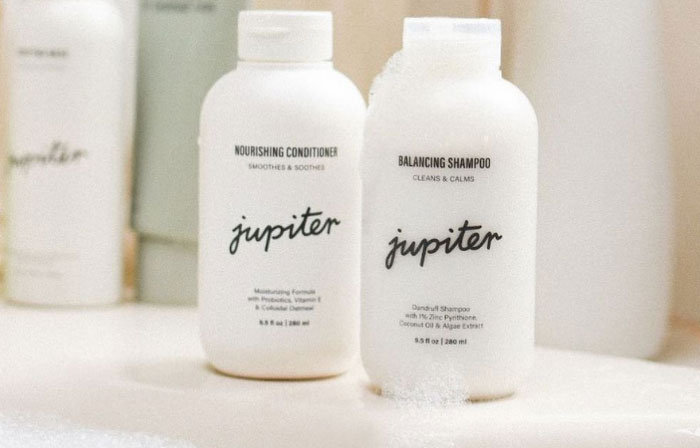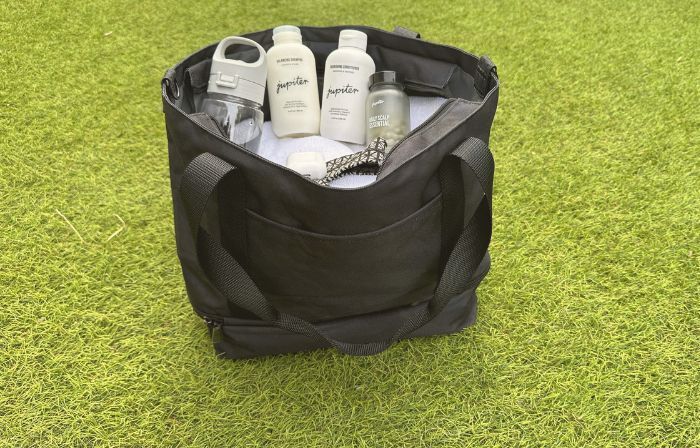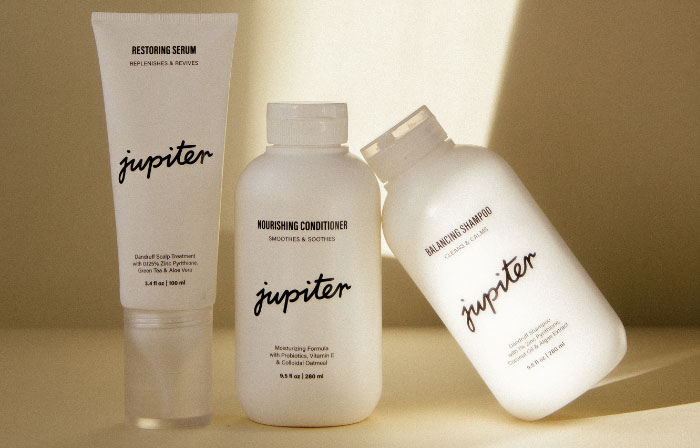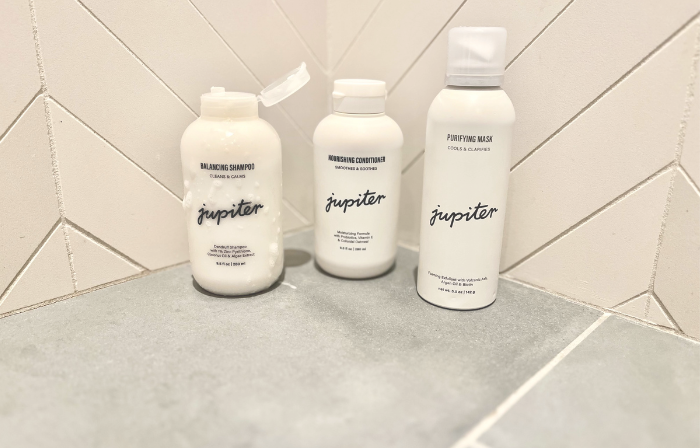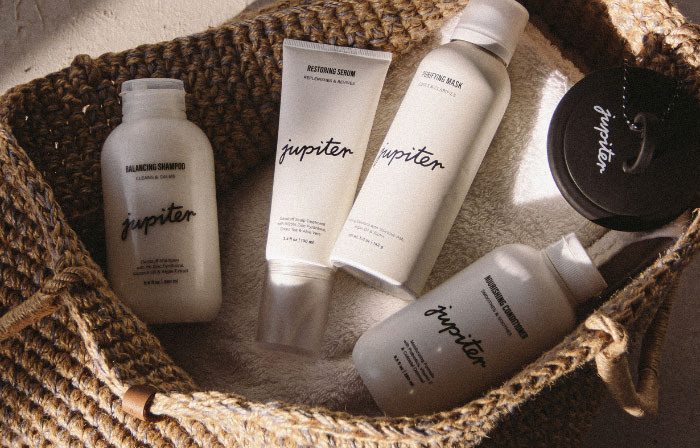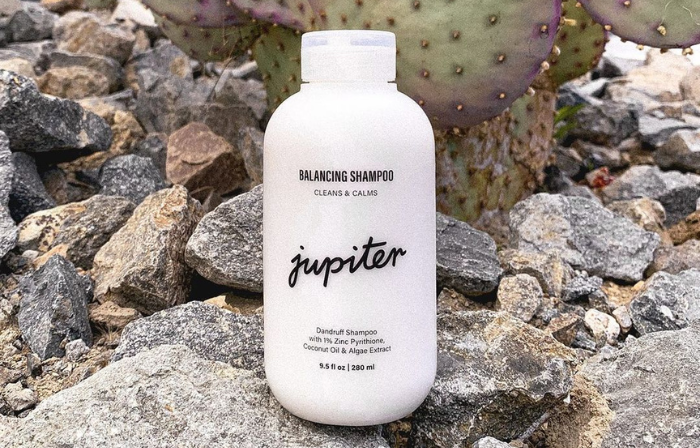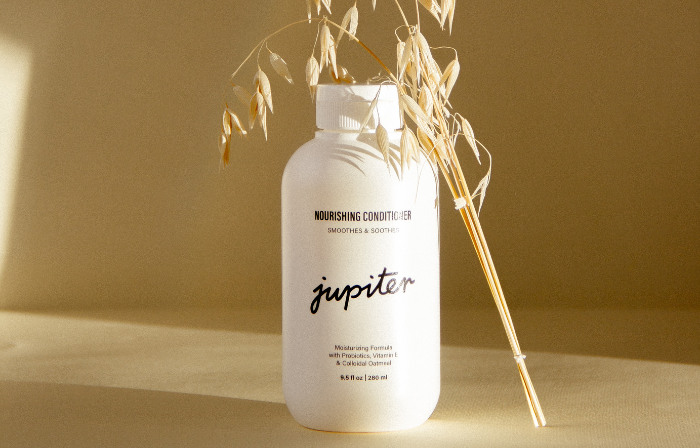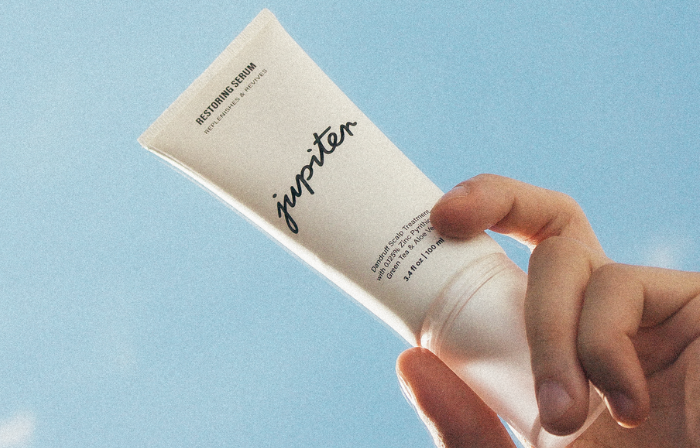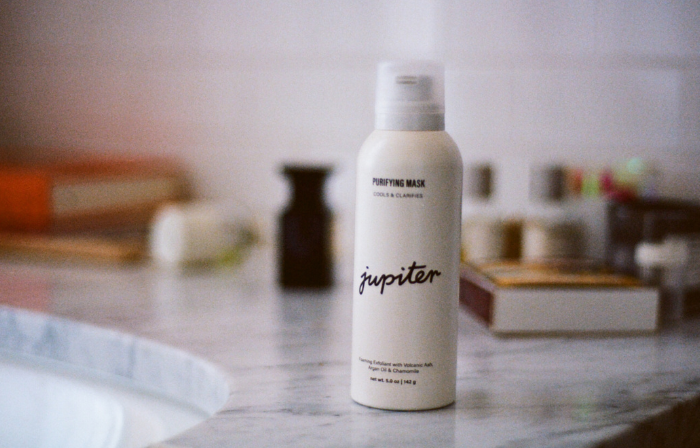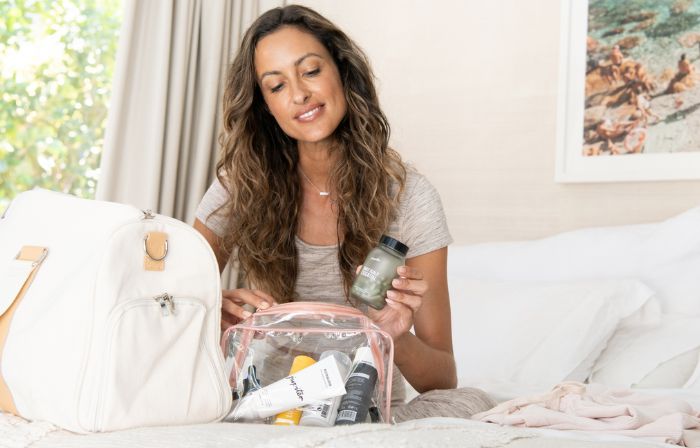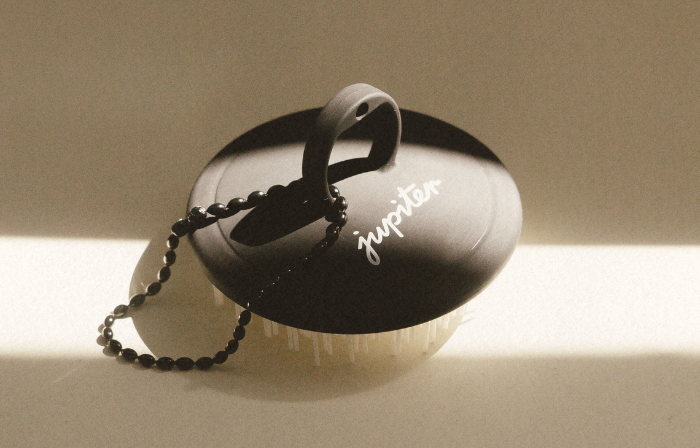🫶🏻 OUR 5% PLEDGE TO HER
#STRONGHERTHANYESTERDAY - WE DONATE 5% TO WOMEN-DRIVEN CHARITIES. LEARN MORE.
When you think of probiotics, or bifidobacterium, the first thing that might come to mind is yogurt and kimchi. You’ve probably seen a few probiotic supplement options on the shelves, too - and these are a great way to get the good bacteria our bodies need to function.
What many people don't realize is that probiotics not only have health benefits for your internal health - addressing ailments including ulcerative colitis and symptoms of Crohn's Disease - but can also benefit the health of your hair and skin. In fact, topical probiotics can help address skin issues, hair loss, candida, dandruff, and other concerns. Here's what you should know about these handy bacteria.
What are Probiotics?
Bacteria are not inherently bad live microorganisms. Your body contains trillions of bacteria, many of which are crucial to your survival. Health issues can occur when there’s an imbalance of these bacteria - i.e. too much of some species, and not enough of others.
Probiotics are simply ‘healthy’ live bacteria like Lactobacillus acidophilus, Bifidobacterium longum, and Saccharomyces boulardii (all names you might find on the labels of probiotic products). Probiotic skin treatments deliver live, active bacteria that can help improve your skin’s health. This may sound odd, but the truth is that our skin barrier stops these microbes from going any further than they should and allows them to bring our skin back into balance. This may help resolve the issues that cause itchy skin, and excessive dead skin cells.
At the same time, probiotic bacteria contained in shampoos and similar probiotic products or dietary supplements can help alleviate an itchy scalp, minimize the impact of skin conditions such as eczema, and may even help address issues like inflammation, inflammatory bowel disease (IBD) and lactic acid buildup. This tends to be great for acne, especially with probiotic strains that help deal with oily skin. In some cases, probiotics like Lactobacillus rhamnosus GG can even promote overall hair growth and cover old acne scars.
Probiotic foods are also a great way to achieve a healthier digestive tract. You may have heard of the great effects of kombucha and other fermented foods, and there are so many other forms of probiotics that address health conditions, thanks to their effects on your gut microbiota. Gastroenterology has shown that probiotics help support your immune system and help fight against gastrointestinal and digestive system problems such as irritable bowel syndrome (IBS), bloating infectious diarrhea, and constipation. The bacterial benefits of probiotics have been proven by clinical trials and the Food and Drug Administration (FDA). Many people also claim that they aid in weight loss due to the way they affect gut bacteria.
Supporting your digestive health, skincare and overall health these beneficial bacteria dig deep to help improve your wellness. Products like probiotic yogurt, miso, sauerkraut, kefir, tempeh, some dairy products, as well as prebiotics, can address problems from the inside of your body, which may allow your natural healing mechanisms to improve your overall scalp health and perhaps minimize the impact of issues like severe dandruff with minimal to no side effects.
The Risk of Home Remedies
You might find the idea of tinkering with your own microbiome appealing. Many people who have dry skin, atopic dermatitis, psoriasis, or yeast infections turn to products like coconut oil and apple cider vinegar as attempted probiotic remedies without seeking medical advice. Unfortunately, these treatments on their own aren’t always effective - and they can even worsen problems like dandruff, dry scalp, and candida yeast overgrowth, if not appropriately administered.
When bacteria threaten your scalp health, you may need to use scalp and hair products that treat a wide variety of issues, rather than limiting yourself to a single treatment plan. Tea tree and aloe vera, for example, may help some people in some ways, but they're rarely enough on their own.
Can Probiotics Treat Dandruff & Other Scalp Issues?
Your scalp is a complete ecosystem. Think of it as a forest, with each hair acting like a tree. Small creatures live in that forest and contribute to its overall health. We can also suffer if there are intruders, such as lice, so it's essential to care for our skin and support the way our hair works if we want to maintain optimal wellness.
So does the use of probiotics really help improve your skin health and fight dandruff? The answer is complex. Some evidence suggests that probiotics are helpful in reducing dandruff. One study, for instance, found that dandruff improved more in a group of otherwise healthy volunteers who took probiotics than in a control group. It’s important to note, however, that this research is fairly preliminary and more data is needed before healthcare providers will begin recommending probiotics as a first-line response to dandruff.
